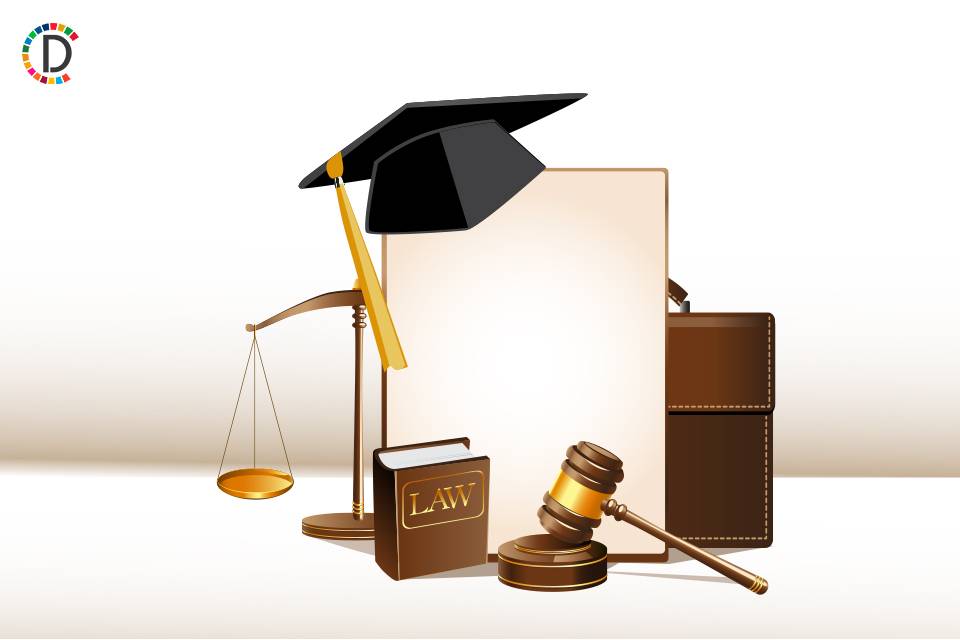FACTBOX-Key details in draft of China's Hong Kong security law
-- Hong Kong will establish a local national security council to enforce the legislation, headed by the city's leader, Carrie Lam, and supervised and guided by a new central government commission created by Beijing.

China on Saturday announced details of draft national security legislation for Hong Kong, which is expected to be finalised in coming weeks. Here are the key features:
-- The draft law aims to tackle separatism, subversion, terrorism and collusion with foreign forces. It is unclear yet what activities would constitute such crimes and what the punishments would be. -- Power of interpretation for the security law belongs to the Chinese parliament's top decision-making body, the National People's Congress Standing Committee. This means Beijing will have the final say over how the law should be interpreted.
-- Provisions in the security law would supersede existing Hong Kong legislation should the two conflict. -- The central government in Beijing will set up a national security office in Hong Kong to "supervise, guide and support" the local government in maintaining national security. The office will collect intelligence and handle crimes.
-- While Hong Kong authorities would be responsible for most criminal cases related to national security, the office and other mainland Chinese state-security agencies would be able to exercise jurisdiction over "a very small number" of cases. No guidelines have been published for determining which cases are handled by Beijing. -- Hong Kong will establish a local national security council to enforce the legislation, headed by the city's leader, Carrie Lam, and supervised and guided by a new central government commission created by Beijing. A mainland adviser will also sit on the new Hong Kong body.
-- New local police and prosecution units will be set up to investigate and to enforce the law, backed by mainland security and intelligence officers deployed to Beijing's new commission. -- Hong Kong's chief executive will have the power to appoint judges to hear cases related to national security. Currently senior judges allocate judicial rosters up through Hong Kong's independent judicial system.
-- Hong Kong residents running for election or working for the government must swear allegiance to the basic law, the city's mini-constitution, and to Hong Kong. -- In unveiling a summary of the draft, official state news agency Xinhua said national security activities would protect human rights and freedom of speech and assembly, without providing details. (Compiled by Marius Zaharia; Editing by William Mallard)
(This story has not been edited by Devdiscourse staff and is auto-generated from a syndicated feed.)










